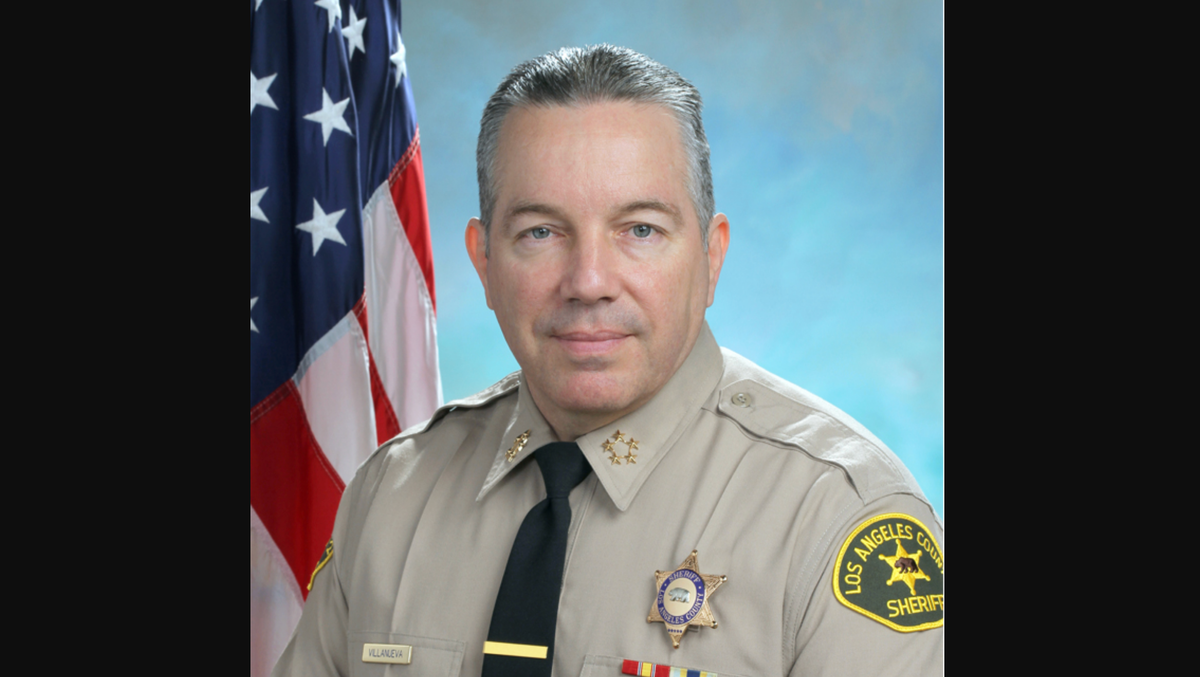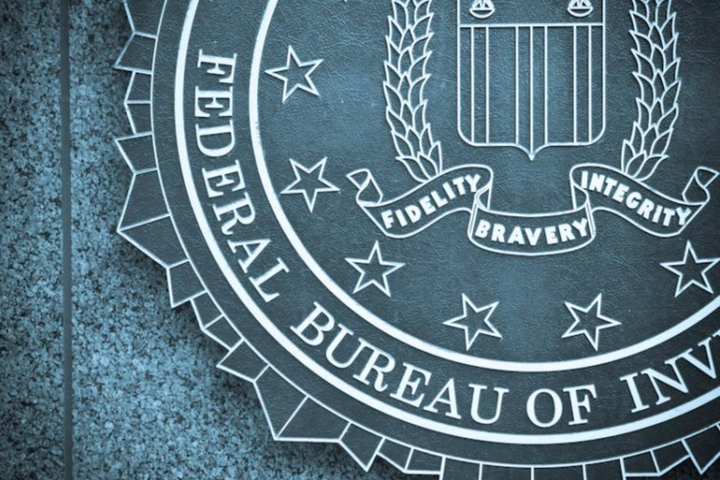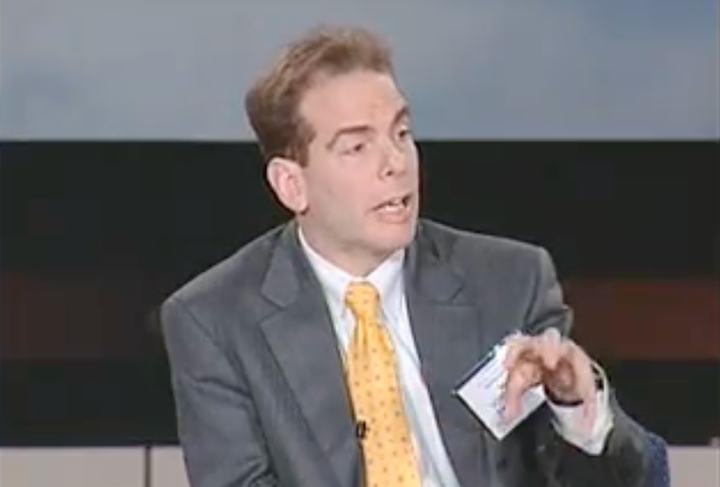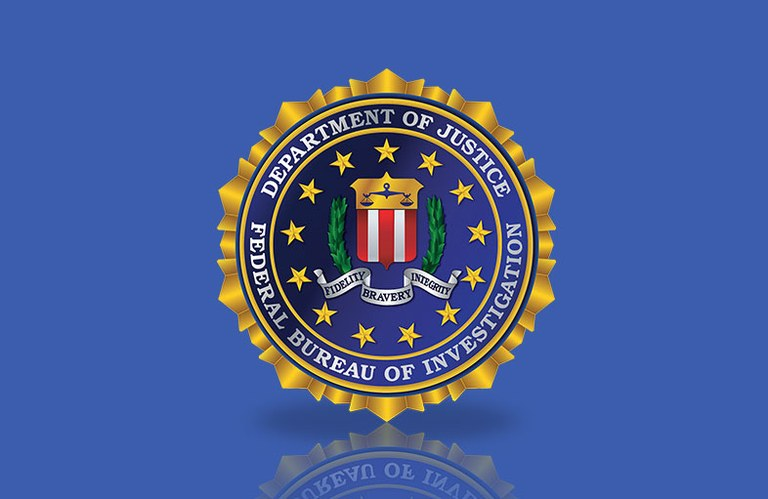Journalist Sues LA County, Ex-LA County Sheriff For Criminally Investigating Her

The following article was made possible by paid subscribers of The Dissenter. Become a subscriber with this discount offer and support journalism that stands up to attacks on freedom of the press.
Former Los Angeles Times reporter Maya Lau, who faced retaliation from the Los Angeles County Sheriff’s Department, sued the County of Los Angeles as well as former police officials who allegedly violated her First Amendment rights.
“The misconduct exhibited by the Sheriff’s Department has caused significant harm to Ms. Lau and the freedom of the press,” according to the complaint [PDF], filed in the United States District Court for the Central District of California. “If LASD’s actions are left unredressed, journalists in Los Angeles will be chilled from reporting on matters of public concern out of fear that they will be investigated and prosecuted.”
Lau said in a released statement that she was pursuing the lawsuit not just for her own sake but also to “send a clear signal in the name of reporters everywhere: We will not be intimidated. The Sheriff’s Department needs to know that these kinds of tactics against journalists are illegal.”
On December 8, 2017, Lau co-authored a bombshell report for the LA Times based on a leaked list that contained the names of around “300 LASD deputies with histories of dishonest or other misconduct that made them open to impeachment as trial witnesses.”
As the complaint additionally recalls, some of the officers on the “Brady List” engaged in sexual assault, fabricated evidence, or used “excessive force.” Yet the deputies were not fired. In fact, several of the officers were promoted.
Two investigations were opened into Lau for her journalism. Not long after the article was published, Sheriff Jim McDonnell led an investigation that uncovered no evidence of wrongdoing. In 2018, Sheriff Alex Villanueva reopened the investigation. While no further evidence was uncovered, LASD still recommended that Lau face prosecution for “conspiracy, theft of government property, unlawful access of a computer, burglary, and receiving stolen property.”
The complaint asserts that this constituted “unlawful retaliation” that violated Lau’s First Amendment rights. Particularly, the offenses that Lau was baselessly accused of committing had “rarely if ever been applied to a reporter.”
Mark Lillienfeld, who was an LASD detective, and Tim Murakami, who was an LASD undersheriff, were both named as defendants for their roles in leading investigations against Lau. Murakami allegedly referred Lau to the California Attorney General’s office for prosecution.
Villanueva had a pattern and practice of targeting any perceived political opponents. In 2021, the complaint mentions that LASD investigated journalist Cerise Castle, who was a reporter for Knock LA, a progressive news project. LASD employees combed through Castle’s social media and “compiled dossiers on individuals associated with her work. They described Knock LA as an “anti-LASD platform we are tracking”—all because Castle brought attention to the history of deputy gangs in the department.
In 2022, Villanueva had LA Times reporter Alene Tchekmedyian investigated after she exposed “LASD’s cover-up of a deputy’s use of excessive force.”
This conduct by Villanueva, who was voted out of office by a huge margin in 2022, was confirmed by the Los Angeles County Sheriff Civilian Oversight Commission. The body recognized that Villanueva had attempted to chill any oversight of the department so that prosecutions were not launched into criminal acts committed by deputies.
Villanueva told the LA Times in an email that he would not comment on the lawsuit. Then the disgraced former sheriff proceeded to trash Lau and the local press for seeking to hold him accountable for his actions.
“What I can say is the investigation in question, like all investigations conducted by the Public Corruption Unit during my tenure as Sheriff of Los Angeles County, were based on facts that were presented to the Office of the Attorney General,” Villanueva claimed. "It is the political establishment, of which the LA Times is a part, that wishes to chill lawful investigations and criminal accountability with frivolous lawsuits such as this one.”
Lau’s reporting continued in 2018 with a follow-up series on California’s “police privacy laws.” It apparently led to the passage of a state law that opened up “police officer personnel files” for “public review for the first time in decades,” and the complaint makes it clear that this is likely what incensed Villanueva and other deputies the most. They were afraid that they might lose their jobs, or worse, face criminal charges.
The journalism that Lau and her colleagues performed exposed officers, like Casey Dowling, an LASD deputy who sexually assaulted a 14-year-old girl after she was attacked with a knife and sought help; Christian Chamness, an LASD employee who pepper-sprayed an elderly man and then tried to cover it up; and Timothy Jimenez, an LASD sergeant who as a bailiff tipped off a drug dealer’s girlfriend that the drug dealer was under police surveillance. All were still working for the department.
“To protect a free press, the First Amendment provides nearly absolute protection for a journalist’s right to publish lawfully obtained truthful information about matters of public importance,” declared Loevy + Loevy attorney Justin Hill, who represents Lau. “At a time when the government’s efforts to silence criticism and dissent are reaching disturbing levels, we are proud to represent Ms. Lau as she stands up for free speech and the vital watchdog role that journalists play.”
Lau is also represented by Grayson Cleary of the Reporters Committee for Freedom of the Press and Michael D. Seplow and Paul Hoffman of Schonbrun Seplow Harris Hoffman & Zeldes, LLP. She seeks compensatory, nominal, and punitive damages for the alleged violations of her First Amendment rights.




Comments ()